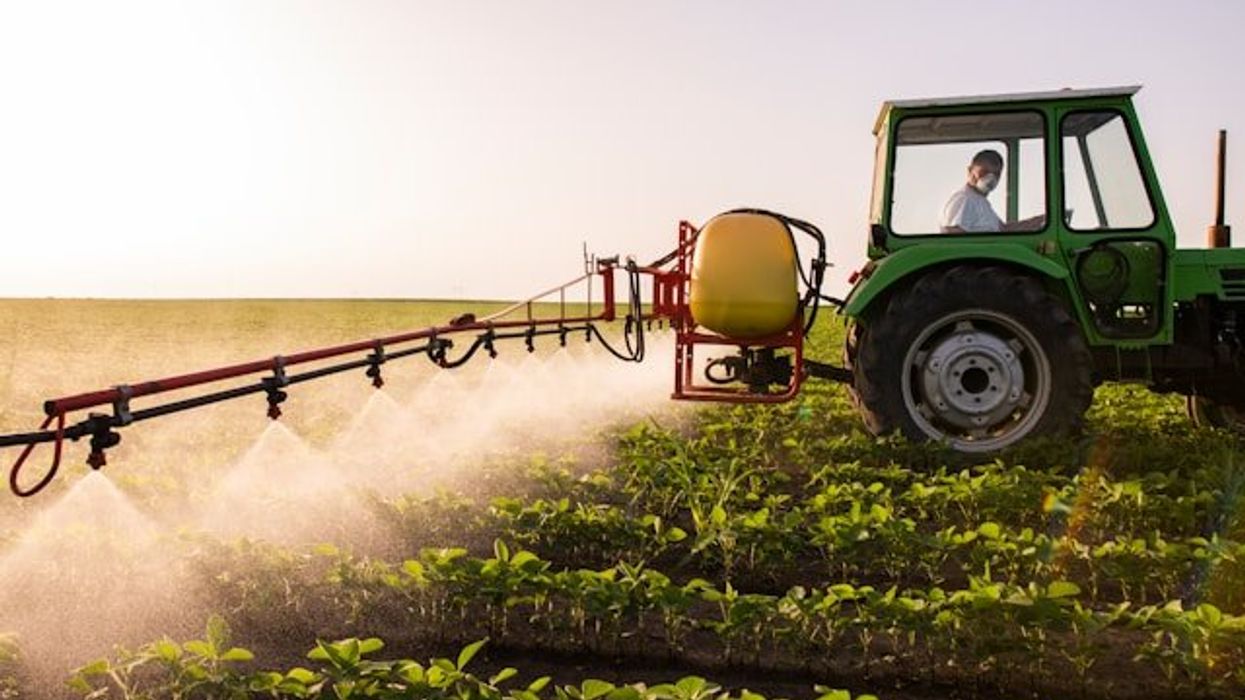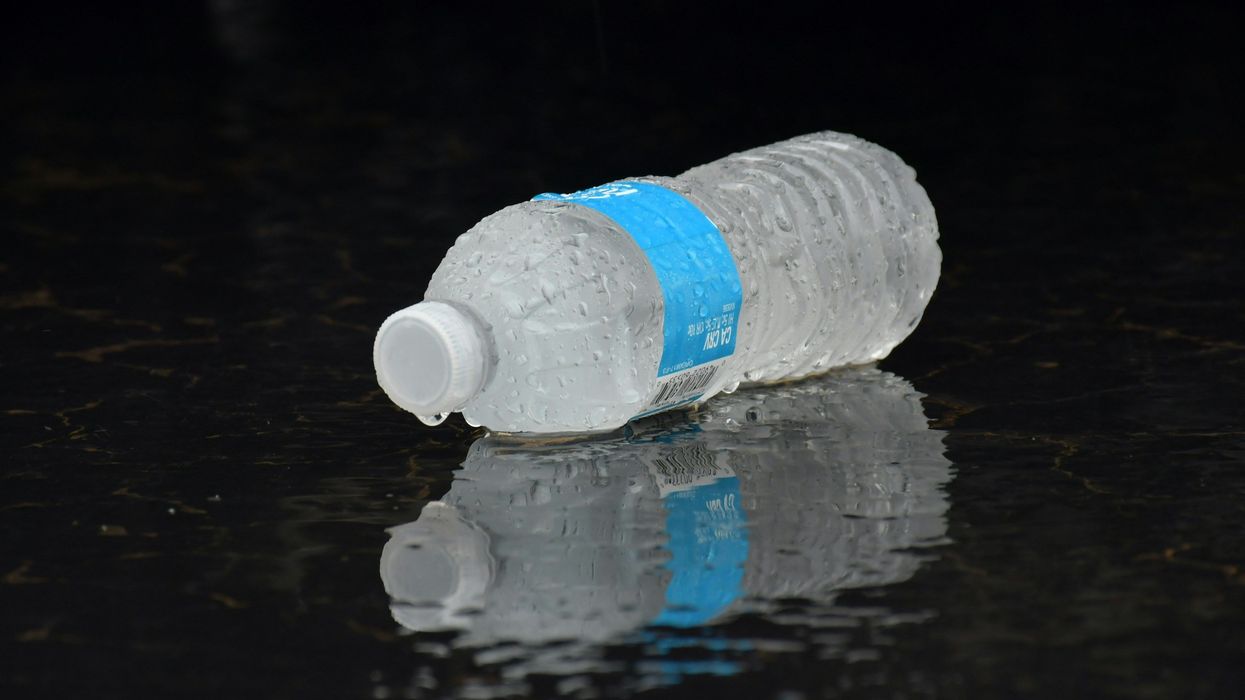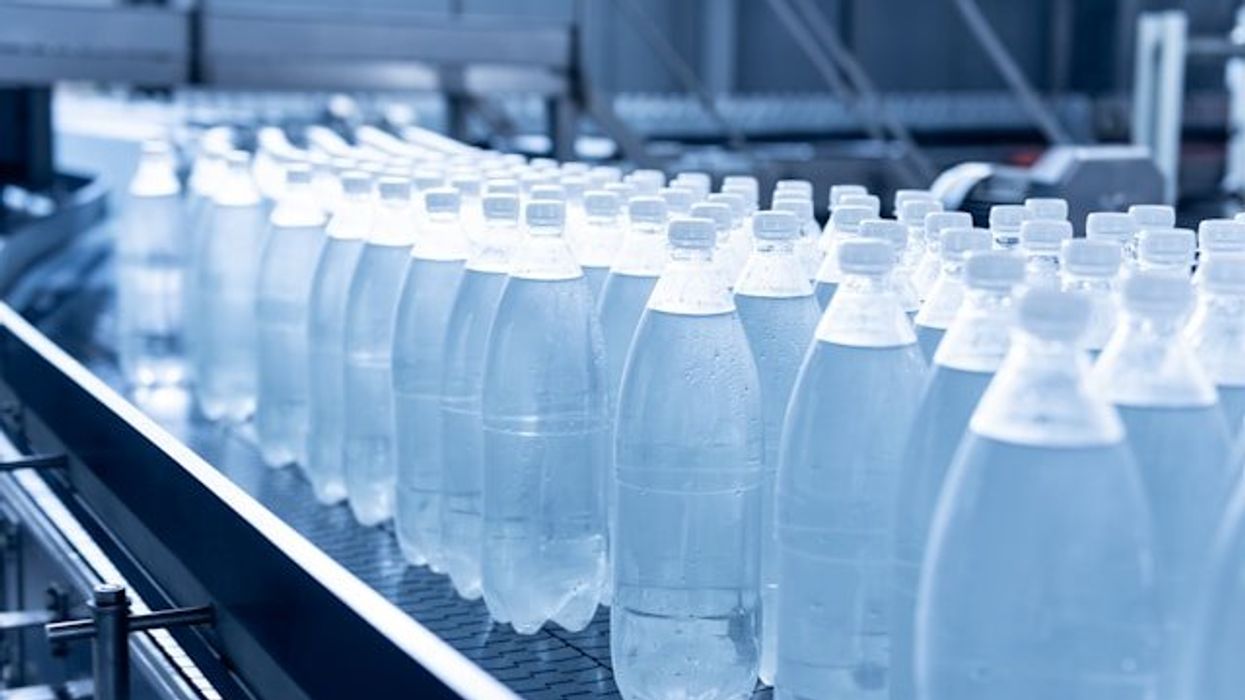Artificial intelligence is set to overhaul the recycling industry, promising more efficient sorting and reduced contamination.
Nicolás Rivero reports for The Washington Post.
In short:
- AI systems will be integrated into thousands of recycling facilities worldwide, enhancing the accuracy of sorting recyclables.
- This technology aims to significantly reduce the contamination in recycled materials, increasing their value and usability.
- The implementation of AI in recycling could have a substantial impact on reducing greenhouse gas emissions and environmental pollution.
Key quote:
“Today’s technology cannot really detect all the contamination that could be coming with those plastics. But if you know what contaminants are coming, there’s a better chance you will be able to process it and get a cleaner product.”
— Lokendra Pal, professor of sustainable materials engineering at North Carolina State University
Why this matters:
AI's role in improving recycling processes addresses a significant challenge in waste management, potentially leading to better health outcomes by reducing pollution and conserving resources.














